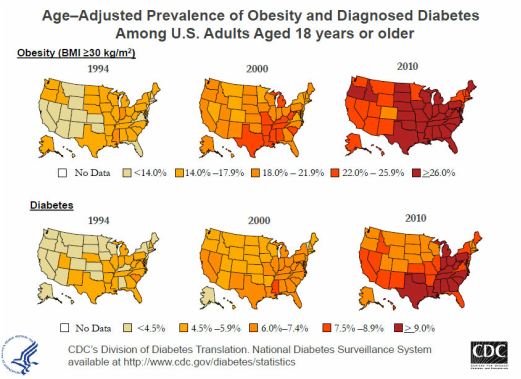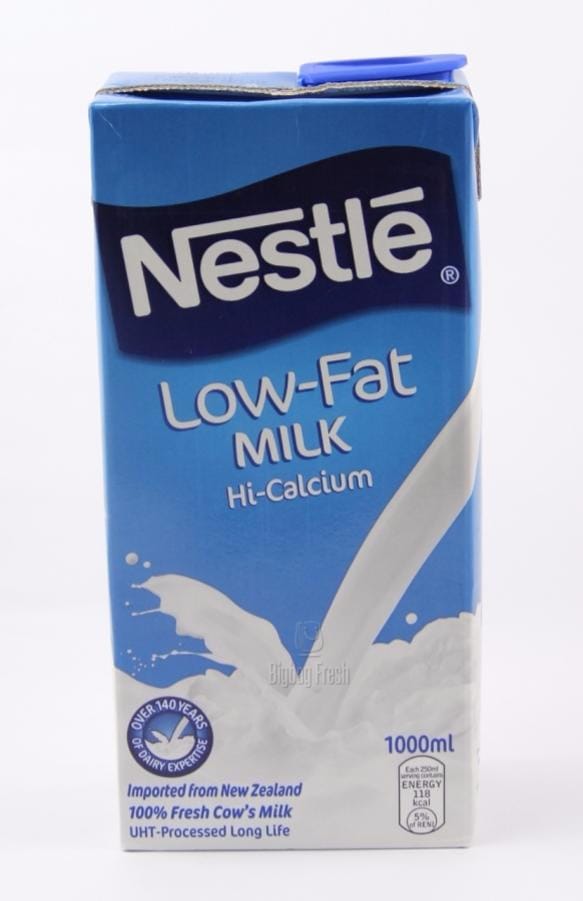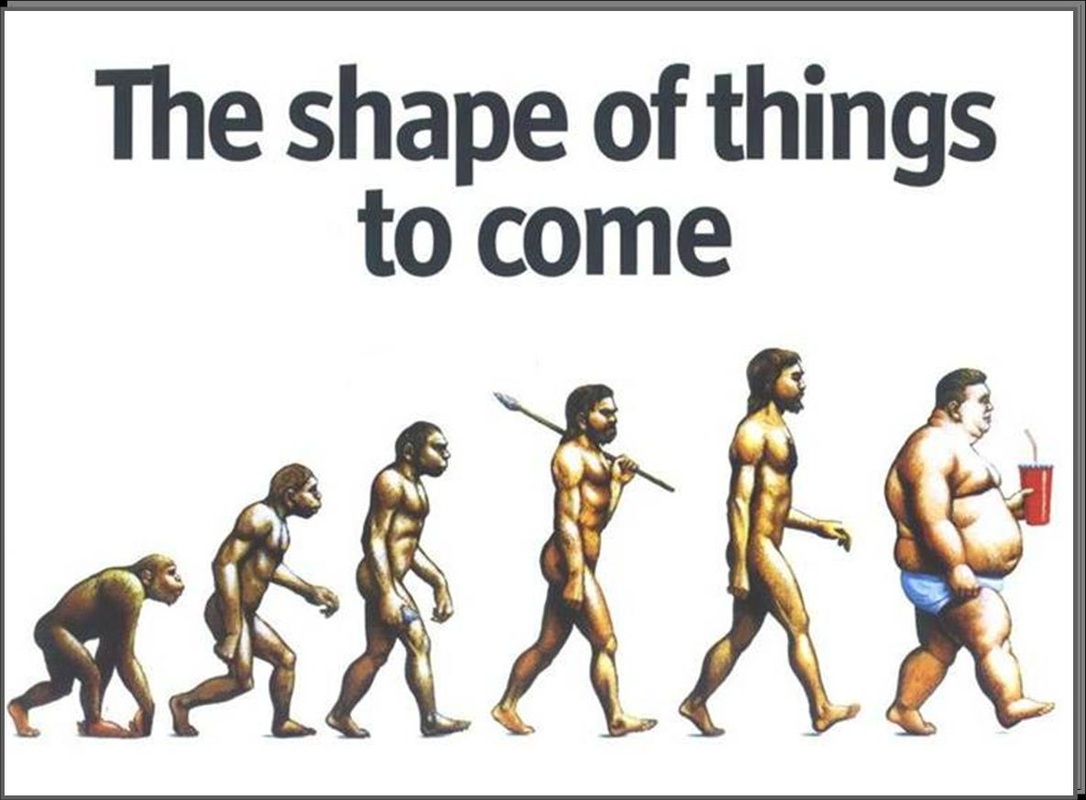Carbs are doing the damage; Grandma knew bestCarbohydrates, often in the form of flours and sugars, are the major constituent of most prepared meals, snacks and take-away franchises. Yet where are the health warnings saying too much sugar makes you fat; or consuming wheat can lead to addiction. Your Grandma would not have needed such warnings. It was obvious to her generation that putting on too much weight meant cutting down on cakes and puddings to correct the situation.
But instead of Grandma's common sense prevailing, due to a strange set of events and correlations, fat has come to be demonized and the food and drug companies, playing by these new rules, have built brands, developed whole product lines and developed drugs to make money from the situation. That is after all their right and their raison d'être; to obey the rules and laws that are out there but at the same time, to maximise their profits. In the 1970's, the first low-fat products came onto the market; organisations such as Weight-Watchers were formed to help control individual calorie intake; half-fat or skimmed milk became the preferred 'healthy' option; but all the time, the general public continued getting fatter. This low-fat approach approach didn't work then; it doesn't work now and it's helping create generations of young people who will live shorter lives than their parents and die of mostly unnecessary diseases such as diabetes. The two starting points for this generational mistake were:

Currently, obesity and diabetes are marching together hand in hand in the USA and in many of the so-called Western countries around the world. What can we do about it? One thing is clear; simply continuing with the current food guidelines is not helping. Something has to change.
|
Are you eating enough fat?
Eating too little fat interferes with your appetite control. In a study published in "Obesity" in 2010, 270 obese adults consumed a diet moderate or low in fat. The dieters who consumed the moderate-fat diet reported significantly fewer food cravings and unpleasant hunger pangs compared to the low-fat dieters. Why fat is our true friend?It is so difficult to find out what to eat to maintain a healthy body and mind. At fatisourfriend.com, our goal is to help you make better decisions, whether you are trying to lose weight, get rid of digestive-related problems or simply have a better life.
The name is only provocative to our ears today. But what happened in the middle of the 20th century, is that well meaning governments stimulated a switch in focus to cereal crops to stave off malnutrition and provide affordable food. Nobel prizes went to those who could make production techniques more efficient and raise crop yields. In doing so, they influenced the proportions, and the type of food that we eat considerably. And this may well be contributing to the epidemic of diseases including obesity, Alzheimer's, severe allergies and cancers that we are experiencing today. 'May well' sounds weak doesn't it! Let's put it like this; there is growing evidence that our diet today combined with our more sedentary lifestyle and general air quality are impacting our lives negatively. Which proportion of this is down to our diet is questionable but the evidence is steadily growing and at one point or another, we need to face up to it and decide if we are going to do something about the situation. At www.fatisourfriend.com, we believe that time has come. |

